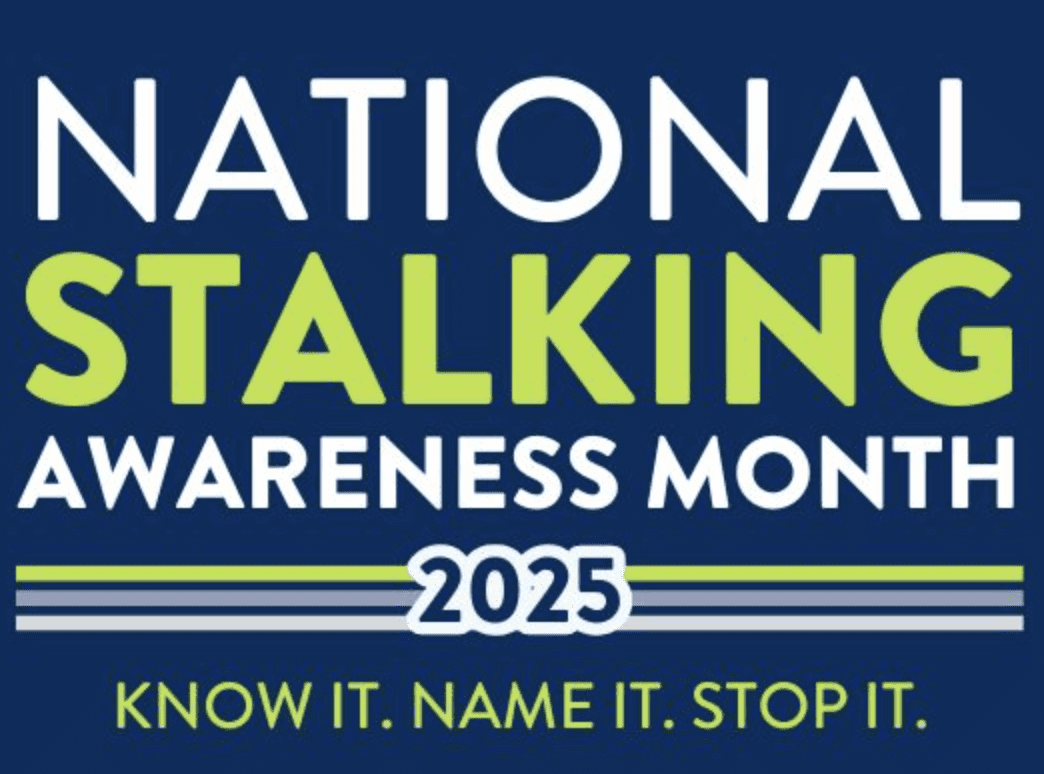By Deana M. Newman, MA, CCP
TNCP Senior Health Correspondent
 Life is full of unexpected circumstances. Daily responsibilities, work, family issues, and other external stressors may leave one to experience occasional feelings of sadness, fatigue, grief or simply feeling a bout of “the blues”. Depression, on the other hand, is a condition surpassing temporary feelings of sadness.
Life is full of unexpected circumstances. Daily responsibilities, work, family issues, and other external stressors may leave one to experience occasional feelings of sadness, fatigue, grief or simply feeling a bout of “the blues”. Depression, on the other hand, is a condition surpassing temporary feelings of sadness.
“Depression means that something is biologically wrong, beyond feeling blue or sad” says Dr. Frank Ochberg, Clinical Professor of Psychiatry at Michigan State University and Lifetime Achievement Award winner from the International Society for Traumatic Stress Studies. “Depression is a deeper level of sadness causing a person to feel worthless, hopeless, helpless, irritable, and not having energy to perform daily activities”.
Millions of Americans are diagnosed with depression at some point of their lives across all races, age groups and gender. Unfortunately, those suffering from depression are generally hesitant in seeking help because they are ashamed or fearful of presenting themselves as feeble. Most individuals are unable to realize they have the condition. Depression is normally recognized by friends and family.
A stressful life event, such as the death of a loved one, chronic illnesses such as cardiovascular disease or diabetes, drugs, or an inherited trait may also stimulate the onset of depression. The holiday season may also influence depression as well. According to Dr. Ochberg, the holiday season is a tough time for many, especially those with depression, as it is a societal-induced time for being jolly and spending time with friends and family. As a result, those who may have dysfunction in their family, for example, may feel obligated to spend time with their family regardless of the severity of dysfunction.
Though not always recognizable, the common symptoms of depression include:
o Loss of mental and/or physical energy
o Changes in eating habits or appetite
o Changes in sleep habits
o Feelings of guilt and hopelessness
o Inability to concentrate
o Thoughts of death or suicide
Generally, depression heals itself most of the time and sometimes without treatment. However, if the prolonged case of depression is not managed, it may severely interfere with work, self-esteem, and one’s ability to love others.
The good news is, depression is a treatable condition and frequently with success. Professional counseling and/or antidepressant medications are the most effective treatments available. If you suspect you may have depression, notify a health professional as soon as possible to discuss the best treatment plan for you. Remember, you’re not alone and deciding to seek treatment is the first step toward recovery.
For additional resources, visit the National Institute of Mental Health (NIMH) at www.nimh.nih.gov or visit “A Gift Within” at www.giftfromwithin.org – an international non-profit organization founded by Dr. Frank Ochberg which is dedicated to those who suffer from post traumatic stress.
Physical wellness and mental health are equally important for performing in the arena of life therefore, always treat your mind with care.



